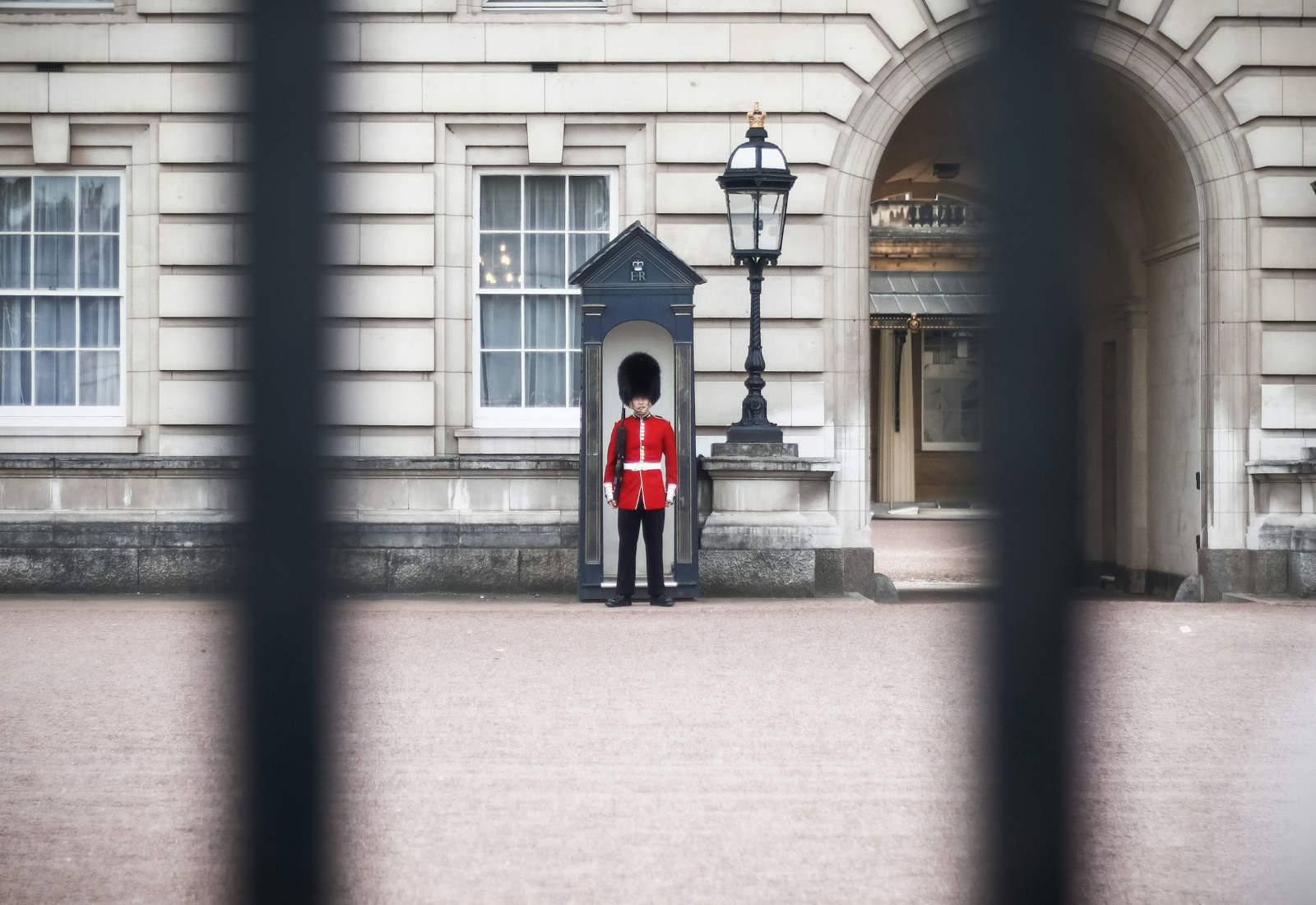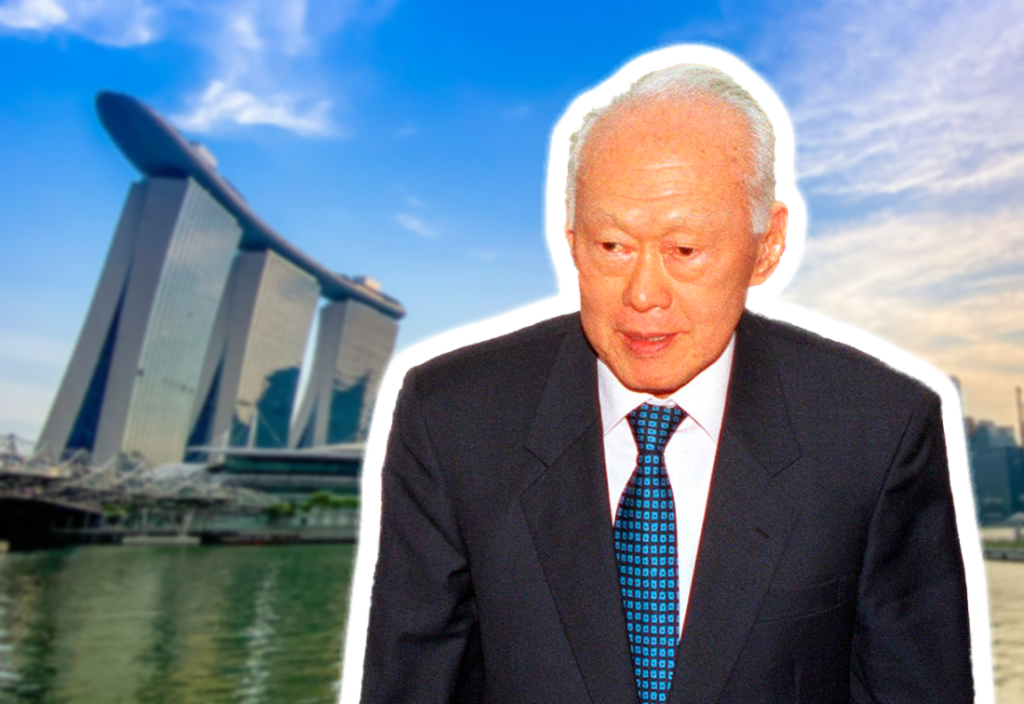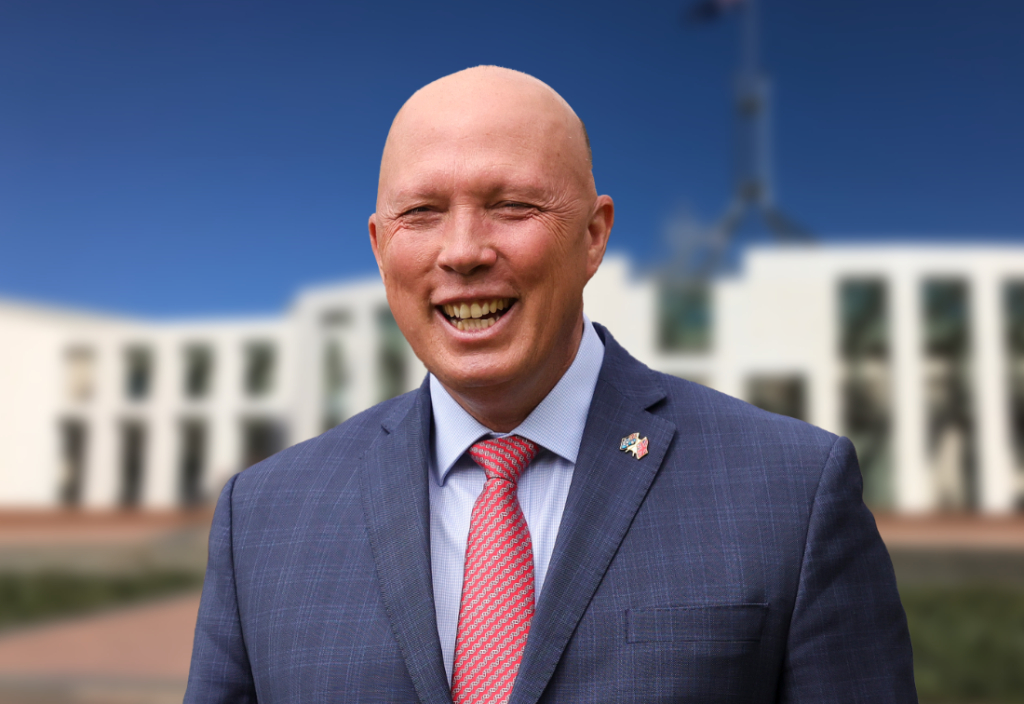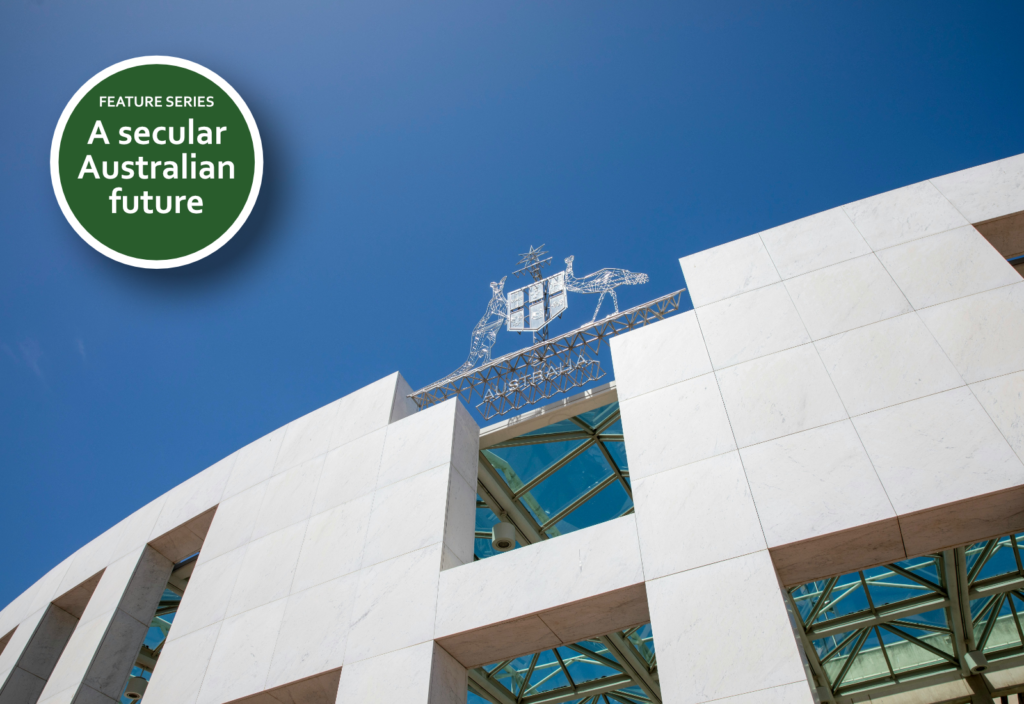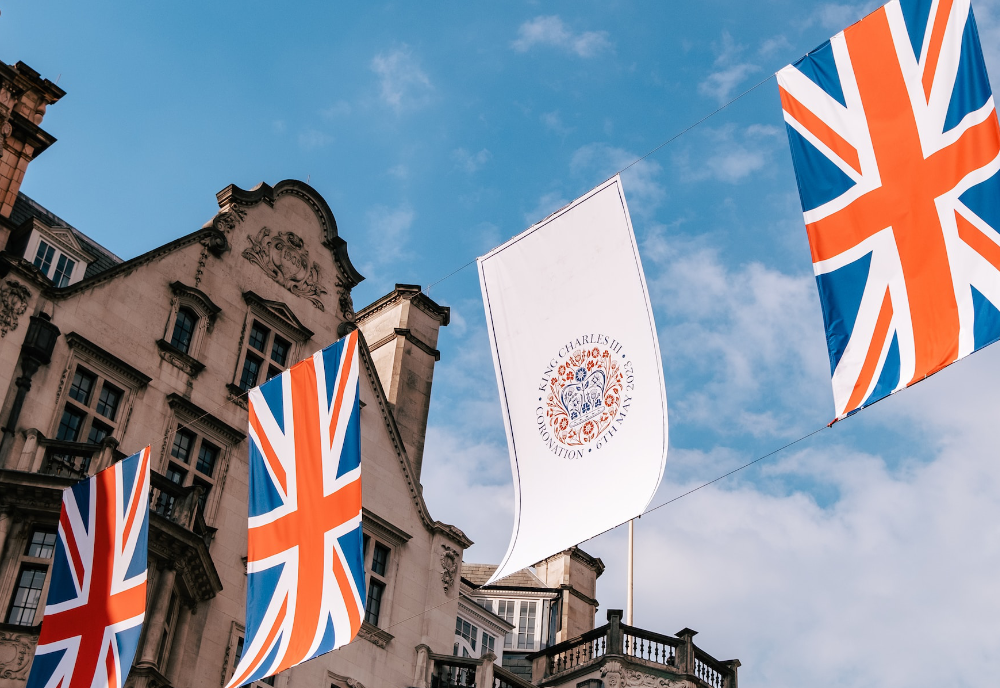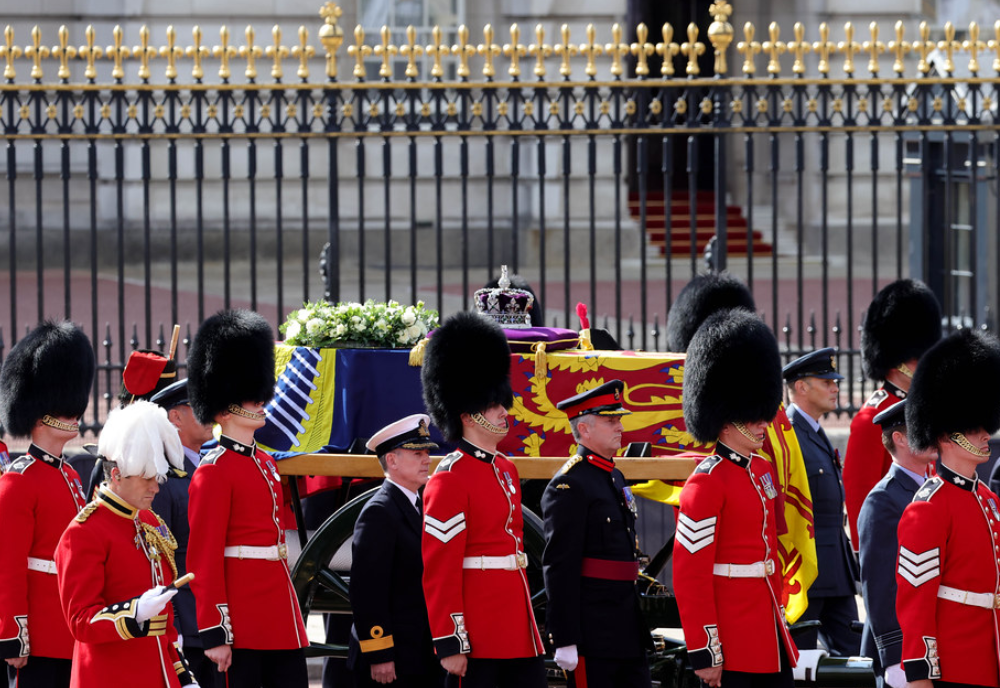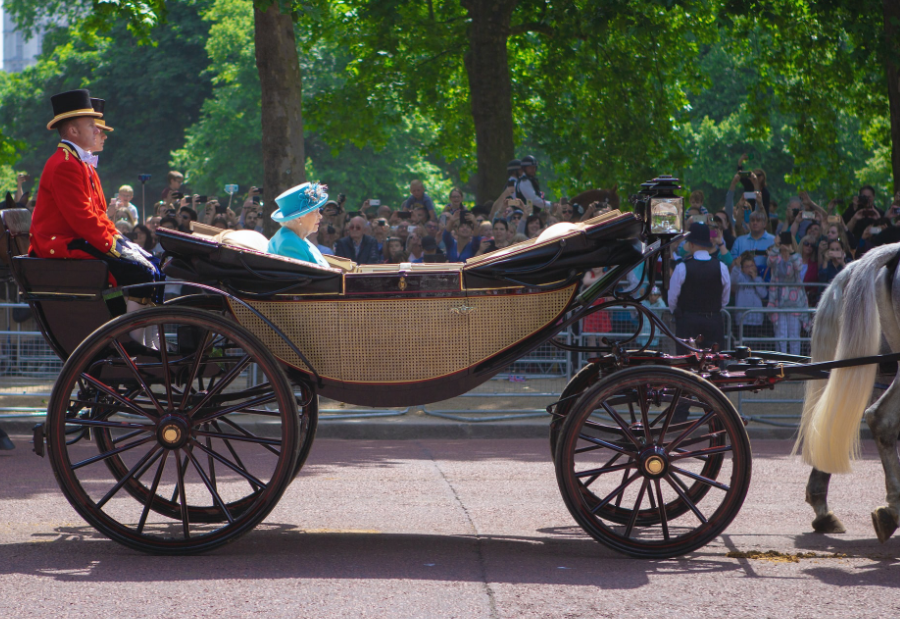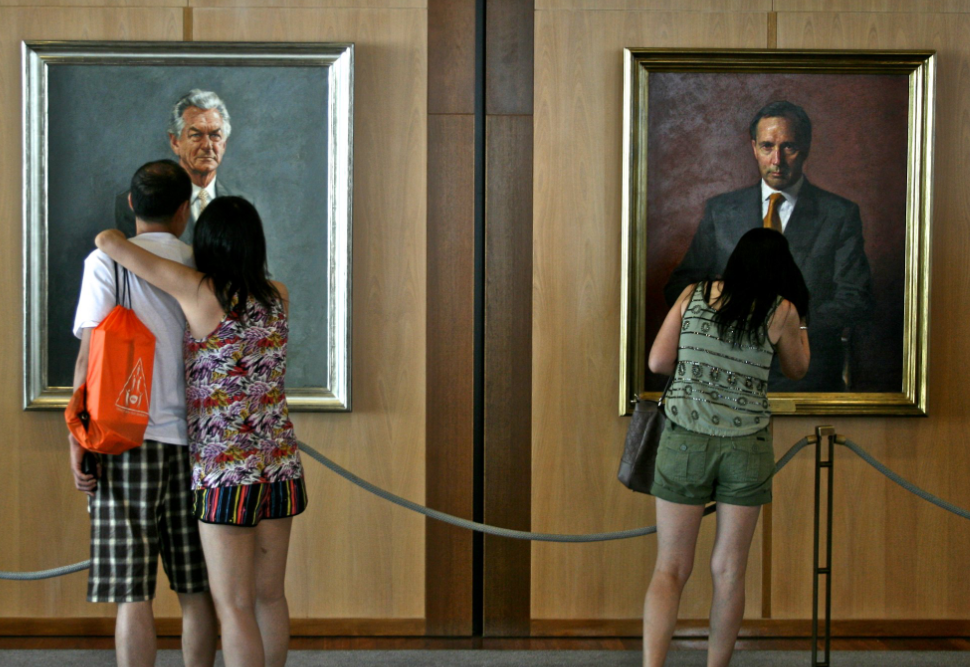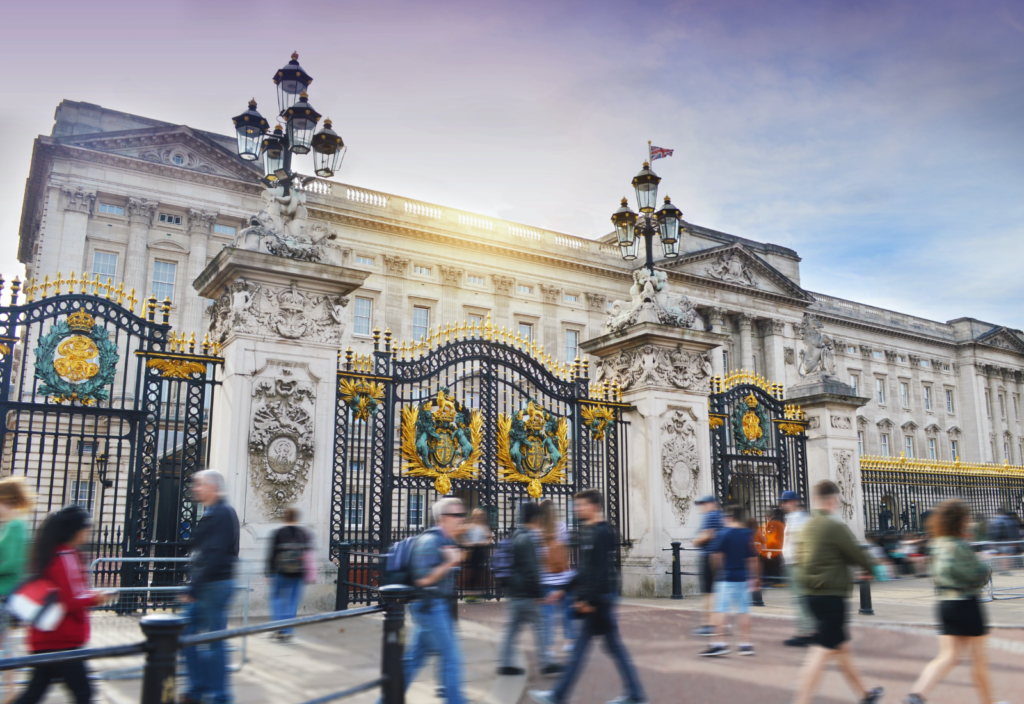The dismissal of the Whitlam government in November 1975 was the most devastating and potentially dangerous constitutional crisis in Australia’s political history. Although nearly 50 years have passed and millions of words have been devoted to Sir John Kerr’s ambush of Gough Whitlam, Australians have not had a full, factual and truthful analysis of how an elected Prime Minister was sacked without warning by an unelected Governor-General.
Until now.
Professor Jenny Hocking, Professor Emeritus of History at the University of Melbourne, has revealed the results of years of dogged research and legal courage to reveal the shocking facts of what was a conspiracy involving Queen Elizabeth II and others to support and encourage an alcoholic Governor-General in his coup against an Australian Labor government.
Professor Hocking, who is Whitlam’s biographer, airs her disclosures in a compelling documentary entitled The Search for the Palace Letters. Now available on ABC iview, the documentary has received surprisingly limited promotion, perhaps because of the ABC’s pusillanimous mindset and its sensitivity to possible criticism from Australia’s royalist blimps and buffoons.
Yet, it may be the most important political documentary shown by the ABC in years because it corrects and completes the narrative of Kerr’s 11 November 1975 putsch and returns important facts about national governance to the public domain and to the Australian people.
In doing so, it provides a knock-down argument for an Australian republic without constitutional ties to the British crown.
Sadly, the Albanese government, despite its rhetorical support for the republic, is in disorderly flight from a republic referendum since Australian voters overwhelmingly rejected the dodgy Aboriginal Voice to Parliament proposal. Prime Minister Albanese might recover his courage if he considered Professor Hocking’s remarkable work.
I will detail here, in brief, her critical disclosures. Firstly, despite its denials to the contrary, Buckingham Palace was fully aware of Kerr’s plan to oust Whitlam, and encouraged him to do so.
… the documentary has received surprisingly limited promotion, perhaps because of the ABC’s pusillanimous mindset and its sensitivity to possible criticism from Australia’s royalist blimps and buffoons.
Secondly, an Australian High Court Justice Anthony Mason, secretly assisted Kerr to the point of drafting Kerr’s planned dismissal statement. Mason dismissed questions from Hocking declaring arrogantly: “I owe history nothing”.
Thirdly, the National Australian Archives under the leadership of David Fricker spent five years and $1.7 million dollars denying Professor Hocking access to vital documents on the dismissal on the spurious grounds that they were ‘private’.
The Palace letters consisted of some 200 letters from Governor-General Kerr to the Queen throughout the period of the dismissal crisis and replies from the Palace mostly signed by the Queen’s private secretary Sir Martin Charteris, who spoke directly for the Queen. The trove of documents had been deposited in the Archives by Kerr’s family after his death in 1991.
Having been denied access to the documents in 2005, Professor Hocking launched legal actions that started with defeats in two Federal Court actions and ended last year when the full High Court finally ruled that the documents should be made available.
Despite crowd funding support, and pro bono representation by some of Australia’s top lawyers – including Nicholas Whitlam KC, the son of Gough – Professor Hocking faced grave personal financial risk if the High Court had ruled against her. The victory was a tribute to her courage and persistence in the face of opposition from Fricker, who is no longer Director-General of the Archives.
Professor Hocking’s disclosures are credible because they do not rely on the self-serving and often faulty memories of the dwindling number of participants who remember the dismissal crisis. As Professor Hocking says in the TV documentary, they come directly from the once-hidden documents. She quotes advice from Whitlam: “Go to the documents”. She did, and now offers a full, accurate and disturbing account of the dismissal.
We now know that Sir John Kerr told Prince Charles about the possibility of sacking Whitlam when they met in Port Moresby for the celebrations of Papua-New Guinea’s independence in early October 1975.
In letters dated November 4 and 5 (a week before the dismissal), the Queen (presumably through Charteris) told Kerr that he had the power to dismiss Whitlam and that he would do the monarchy no harm if he did dismiss him. He added the chances were that Whitlam’s dismissal might even do the monarchy some good.
These disclosures contradict repeated claims by the Palace that the Queen “had no part to play” in the dismissal. Through her mouthpiece Charteris, she was actively involved in encouraging and approving of the dismissal. Professor Hocking notes that the intervention was an entirely improper involvement in Australian politics.
We now await what will be Professor Hocking’s definitive account of the Whitlam dismissal. If her work does not revive and energise moves for an independent Australian republic, it is hard to see what might.
The Palace letters show the eager willingness of the British crown to intervene surreptitiously in Australian political affairs – and to lie about it – when an opportunity presents itself. A self-respecting nation cannot remain tied by history and habit to such a wretched and devious colonial relationship.
If you wish to republish this original article, please attribute to Rationale. Click here to find out more about republishing under Creative Commons.
Image by Kutan Ural on Unsplash.

